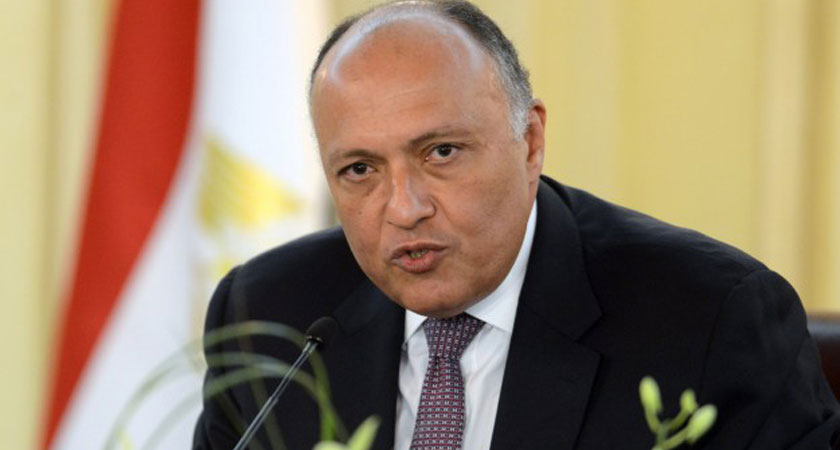GAZA CITY: A days-old truce announced by Gaza militants appeared to be fast unraveling on Thursday after 24 hours of air strikes left six Gazans dead and 30 injured, medics said.
Rising tensions in and around Gaza kicked off just days after militant groups had on Sunday said they would stop cross-border rocket fire, with Israel quietly agreeing to limit its strikes to those caught in the act.
But an air strike on Rafah early on Wednesday which killed Islamic Jihad militant Ismail Al-Ismar sparked a flurry of retaliatory rocket attacks, followed by further Israeli raids, rendering the truce agreement practically meaningless.
In a series of raids which began on Wednesday evening, another five Gazans were killed, and 30 injured medics said, while the Israeli military said 19 rockets had hit areas of southern Israel, lightly injuring an infant.
After the Jihad militant was killed on Wednesday morning, medics later found the body of 65-year-old Ismail Amum who died in an earlier raid near Deir Al-Balah in central Gaza.
An evening raid on Gaza City killed another Jihad militant called Atiya Muqat, 20, while a strike on Rafah killed Hisham Abu Har who was working inside the cross-border tunnels.
Early on Thursday, an air raid on Beit Lahiya in the north killed civilian Salam Al-Masri, and injured another 20.
One of the injured who was in critical condition later died from his injuries, medics said, naming him as Adnan Al-Jakhbir, a 22-year-old civilian.
The Israeli military said that Wednesday’s operations had hit "terrorist squads" that had fired or were about to fire rockets into southern Israel, while Thursday’s attack on northern Gaza targeted "a weapons storage facility."
Israel vowed on Thursday to keep up its operation against Islamic Jihad.
"We will continue to hit those who hit us. Islamic Jihad, which has an itchy trigger finger, is starting to pay the price," Home Front Defense
Minister Matan Vilnai told army radio.
"We have hit those who deserved it and we will continue to do so as long as there is terrorism against Israel," he added, while indicating that Gaza’s Hamas rulers were "being cautious."
"It is in their interest that this wave of violence come to an end," he said, pointing out that in the past, Hamas had "paid a high price" for continued rocket fire on Israel.
Intelligence Minister Dan Meridor told public radio that Israel was ready to respect the truce declared by militants on Sunday evening, as long as there was calm along the border.
"We will not jeopardize the calm if the other side does the same," said Meridor, a key member of the Israeli cabinet.
"But we will not wait to act while we are being shot at and people are dying," he said. "I hope this message will be understood."
Despite the tension, defense officials quoted by the Haaretz newspaper said they believed a further escalation in the south was unlikely, given that Hamas had a clear interest in maintaining its self-declared ceasefire.
Sunday’s truce was declared after four days of bloodshed which was initially sparked by a coordinated shooting attack on a desert road near the Red Sea resort town of Eilat which left eight Israelis dead.
Israel blamed Gaza’s Popular Resistance Committees (PRC) and began an immediate air campaign to take out the group’s leaders which ended with 15 Palestinians killed, including seven PRC militants and two Islamic Jihad operatives.
The Israeli military said Wednesday’s targeting of Islamic Jihad’s Ismar was due to his ties to groups trying "to execute terror attacks in Sinai, on the Israel-Egypt border" in what was understood to be a reference to the Negev attacks.
